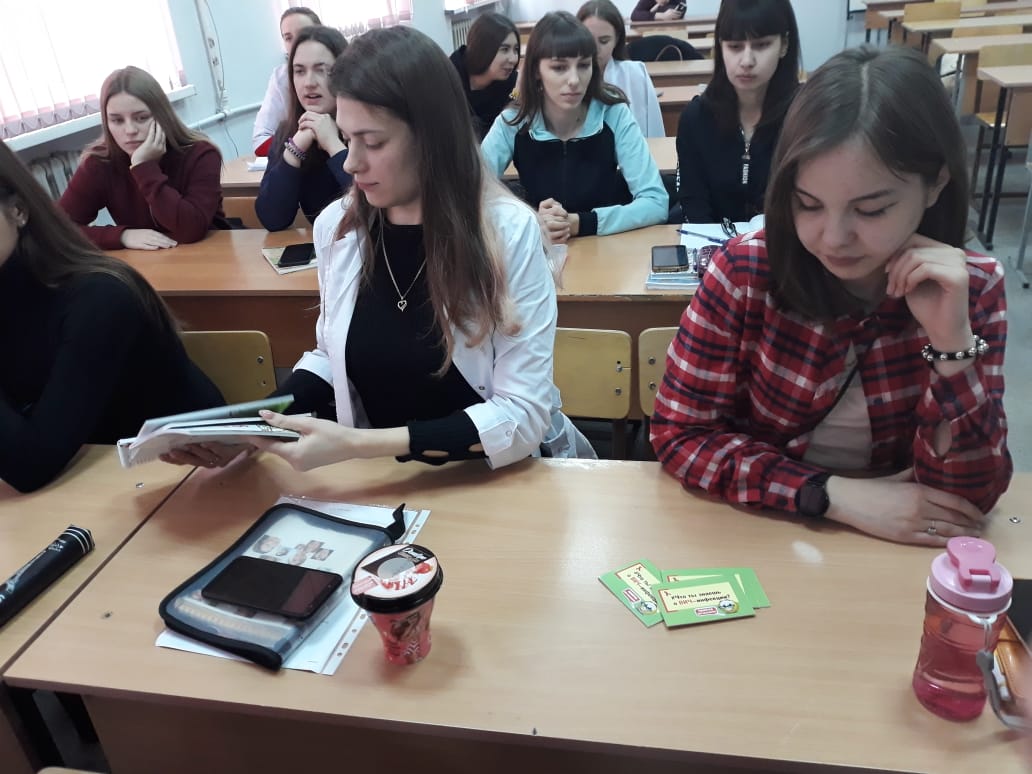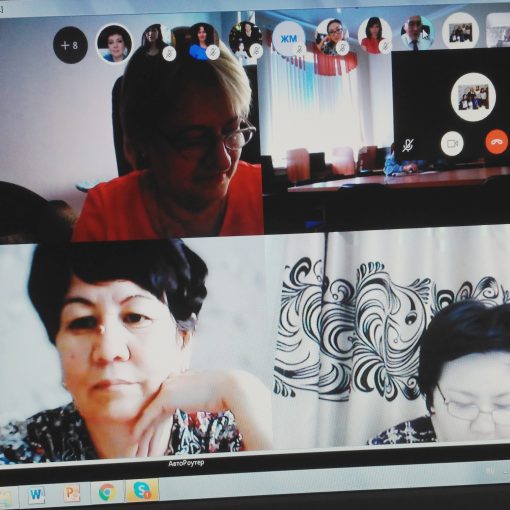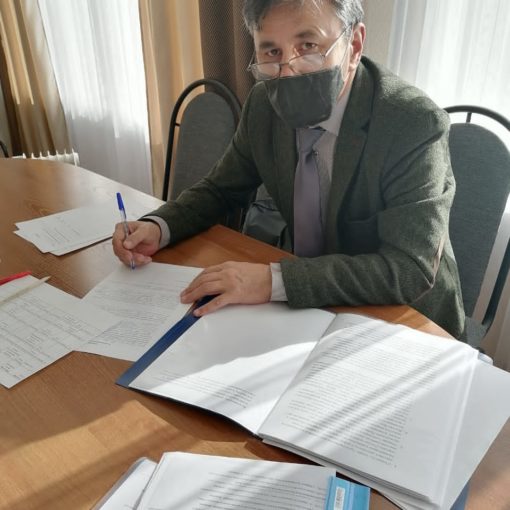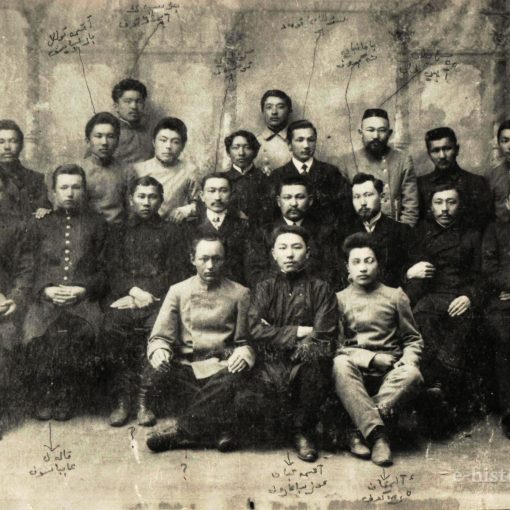On November 18, the Academy held a lecture on AIDS and HIV prevention for students.
The lecture was held by S.G. Kuur, a doctor of the Academy, together with the Karaganda House of Sanitary Education, speaker – doctor N.E. Samoilenko.

World AIDS Day is celebrated annually on December 1. It was first proclaimed by WHO in 1988 and since 1996 it has been organized by UNAIDS. The Day was established to raise awareness of the AIDS epidemic caused by the spread of HIV infection, as well as a day to remember the victims of this disease.
HIV is the abbreviation of the human immunodeficiency virus, i.e. the virus that affects the immune system. HIV lives and multiplies only in the human body.

The virus gradually destroys the immune system, reducing the body’s resistance to infections. At a certain point, the body’s resistance becomes so low that a person may develop such infectious diseases, which other people have almost no or very rarely. These diseases are called “opportunistic” diseases.

AIDS is spoken of when a person infected with HIV develops infectious diseases due to an ineffective immune system destroyed by the virus.
AIDS is the last stage of HIV infection.
AIDS is the acquired immune deficiency syndrome.
At the end of the lecture, all students received information handouts.

Показать/скрыть панель: Настройки Слайдера





